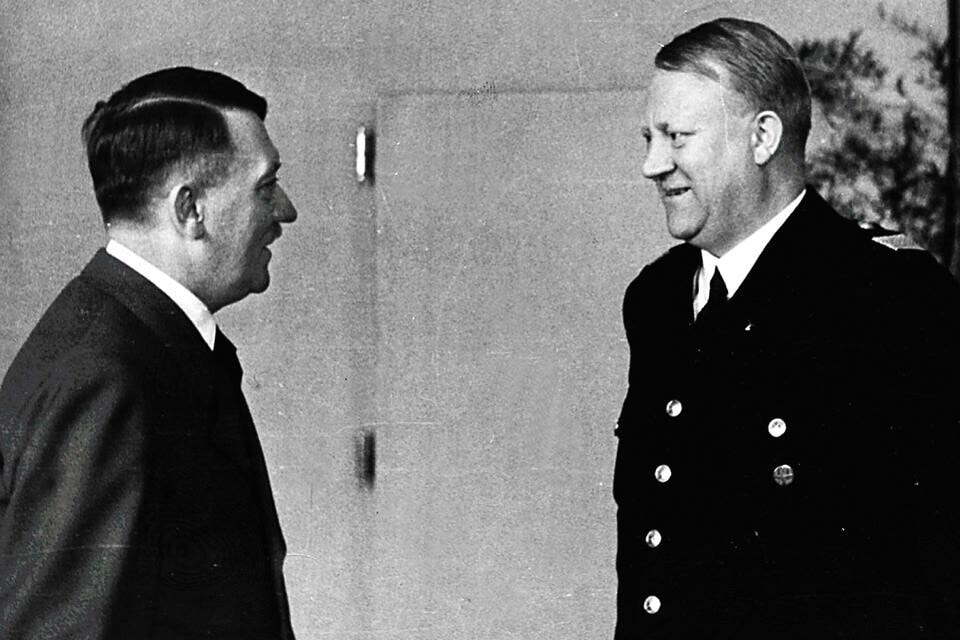Betrayal is one thing that history, alas, has no shortage of. Take the Black Dinner and the Glencoe Massacre, infamous real life incidents from Scottish history, in which the rules of hospitality were violated and hosts murdered their guests. They inspired the Red Wedding from Game of Thrones. Below are twenty five things about those betrayals and other notorious treacheries from history.

The Real Life Scottish Treacheries that Inspired the Fictional Red Wedding
In centuries past, politics in Scotland were a toxic mix of shifting alliances between the country’s elites, marked by rebellions, murders, assassinations, and betrayal piled atop betrayal. In a way, Scotland’s kaleidoscope of chaotic violence was a bit like Game of Thrones, minus the magic and dragons. Or, to be more accurate, Game of Thrones was in some ways a bit like medieval Scotland. Indeed, George R. R. Martin, author of A Song of Ice and Fire upon which the HBO hit series is based, borrowed from real life Scottish history for some of his story’s more dramatic and memorable moments.

One such is the Red Wedding (Spoiler Alert), to which the Starks were invited, only to be slaughtered by their hosts at the height of the festivities and merrymaking. Martin based that upon two events from Scottish history: the Glencoe Massacre, which occurred in 1692, and the Black Dinner, which took place in 1440. In the Glencoe Massacre, Clan MacDonald were hosted by Clan Campbell overnight. In violation of the rules of hospitality, the Campbells suddenly got up, fell upon their unsuspecting guests, and slaughtered them. The Black dinner, as seen below, was just as dramatic a betrayal.

